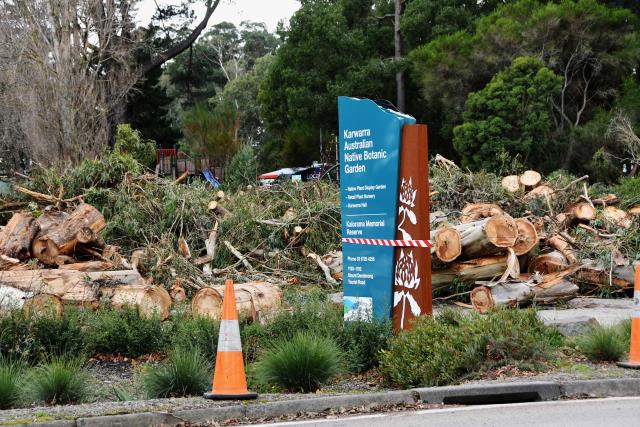In recent months, many communities have experienced a concerning rise in youth crime, leading to urgent discussions about its underlying causes, psychologist Karen Foote offers valuable insights into this trend from a psychological perspective.
New data released by the state’s Crime Statistics Agency last month reveals a staggering 552,228 criminal offences recorded in the 12 months leading up to June 2024 – this marks an increase of over 46,000 offences compared to the previous year.
Author and unorthodox psychologist Karen Foote, who has spent many years working as a local adolescent psychologist with teens and their families, identifies a lack of sense of belonging and purpose as key factors driving the surge in youth crime.
“According to my personal experience working with at-risk youth in Singapore, the need for belonging is a powerful force, it’s much easier for young people to connect when they’re part of a group – teenagers often band together, challenging one another to engage in risky or silly behaviours as a way to explore their identities and grow and there’s usually a bad leader who influences the group, and they may perceive engaging in negative behaviours as “cool” and unfortunately, many of them face serious consequences as a result,” Ms Foote said.
She said youth from low-income backgrounds often face additional pressures, which can lead to engagement in crime.
“Without constructive activities or parental guidance, these youth may feel compelled to seek validation through negative associations,” she said.
“The girls are engaging in these behaviours more frequently, perhaps as a way to prove a point – that they can do it too, and they’re seeking any avenue to assert themselves.”
“Yarra Ranges has a mixed socioeconomic class, which can lead to issues like a rise in break-ins and car thefts, unfortunately, these are often hotspots because they contain more wealth and it’s something I’ve noticed in my own neighbourhood recently.”
The increasing number of migrant families has further complicated the landscape.
“Many young migrants struggle to assimilate and face discrimination, leading to feelings of alienation, this sense of being unwelcome can drive some youth towards behaviours that reinforce their identity in a negative way,” the psychologist said.
She said young people are increasingly prone to desensitisation, as it is much easier for them to access graphic content on the internet and social media today.
“Graphic content and sensational portrayals of violence can normalise risky behaviours, when young people are constantly exposed to such images, it can shape their perceptions of what is acceptable,” she said.
To address rising youth crime, Ms Foote highly suggested open communications between parents and children.
“Listening without judgment is vital, creating a safe space for communication can help young people feel secure in sharing their experiences,” she said.
“When we believe we’re offering constructive criticism, it can quickly turn into judgment the moment we ask, ‘Are you sure you’re doing this? Is this really what you want?’ Parents need to pause and listen – it’s crucial to build trust, however, that trust can’t be established if parents haven’t nurtured a secure attachment with their children from the beginning.”
“We must work together to understand and address the root causes of youth crime, educating ourselves about the challenges faced by young people today is essential for creating a supportive environment for everyone in the community.”







